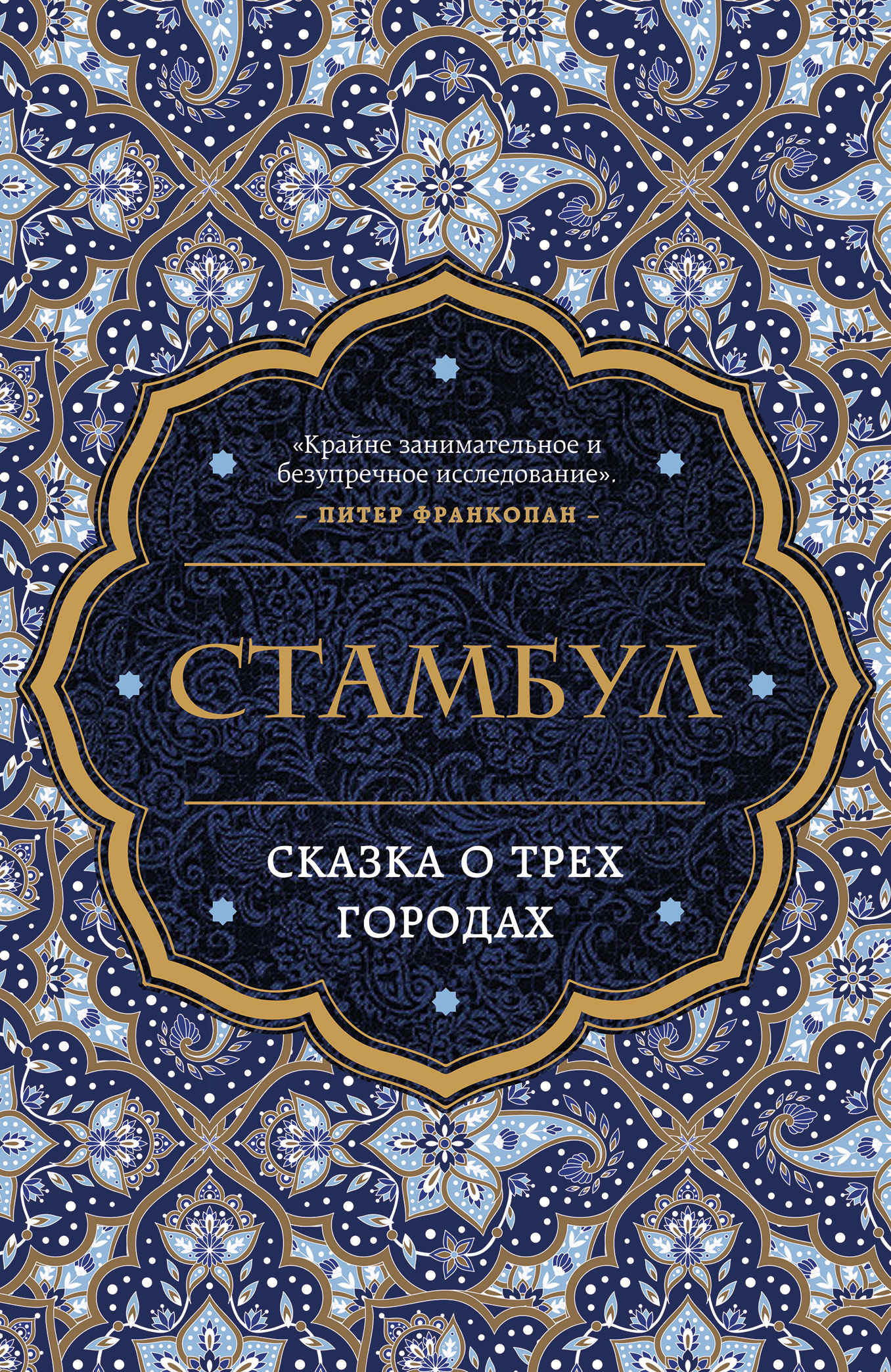(2011a) ‘Confronting a Christian Empire: Jewish Life and Culture in the World of Early Byzantium’, in R. Bonfil, O. Irshai, G. G. Stroumsa and R. Talgam (eds) Jews in Byzantium: Dialectics of Minority and Majority Cultures. Leiden: Brill, 15–64.
Irshai, O. (2011b) ‘Jews and Judaism in Early Church Historiography: The Case of Eusebius of Caesarea (Preliminary Observations and Examples)’, in R. Bonfil, O. Irshai, G. G. Stroumsa and R. Talgam (eds) Jews in Byzantium: Dialectics of Minority and Majority Cultures. Leiden: Brill. 799–828.
Irwin, R. (2004, 2005) The Alhambra. London: Profile Books.
Irwin, R. (2007) For Lust of Knowing: The Orientalists and their Enemies. London: Penguin.
Isitt, G. (2007) ‘Vikings in the Persian Gulf’, Journal of the Royal Asiatic Society 17.4: 389–406.
Jablonka, P., Pernicka, E. and Aslan, R. (2011) ‘Preliminary Report on Work in Troia 2009 and 2010’, Studia Troica 19: 7–43.
Jacobs, J., Broydé, I., Gottheil, R. (1901–1906). ‘Jewish Encyclopedia’.
Jacoby, D. (2001a) ‘The Jews and the Silk Industry of Constantinople’, in D. Jacoby, Byzantium, Latin Romania and the Mediterranean. Aldershot: Ashgate, 1–20.
Jacoby, D. (2001b) ‘The Urban Evolution of Latin Constantinople (1204–1261)’ in N. Necipoğlu (ed.) Byzantine Constantinople: Monuments, Topography and Everyday Life. Leiden, Boston and Cologne: Brill, 277–298.
Jacoby, D. (2004) ‘Silk Economics and Cross-Cultural Artistic Interaction: Byzantium, the Muslim World, and the Christian West’, Dumbarton Oaks Papers 58: 197–240.
Jacoby, D. (2008) ‘Silk Production’, in E. Jeffreys, J. Haldon and R. Cormack (eds) The Oxford Handbook of Byzantine Studies. Oxford: Oxford University Press, 421–8.
Jakobsson, S. (2008) ‘The Schism that Never Was: Old Norse Views on Byzantium and Russia’, Byzantinoslavica 1/2: 173–188.
James, L. (1996) ‘“Pray Not to Fall into Temptation and Be on Your Guard”: Pagan Statues in Christian Constantinople’, Gesta 35.1: 12–20.
James, L. (ed.) (1997) Women, Men and Eunuchs: Gender in Byzantium. London and New York: Routledge.
James, L. (ed.) (2010) A Companion to Byzantium. Chichester: Wiley-Blackwell.
Janin, R. (1953) La Géographie ecclésiastique de l’Empire Byzantin, vol. 1.3: Les Eglises et les monastères. Paris: Institut Français d’Etudes Byzantines.
Janin, R. (1964) Constantinople byzantine. Développement urbaine et répertoire topographique. Paris: Institut Français d’Etudes Byzantines.
Jankowiak, M. (2013) ‘The First Arab Siege of Constantinople’, in C. Zuckerman (ed.) Constructing the Seventh Century. Paris: Association des Amis du Centre d’Histoire et Civilisation de Byzance. 237–320.
Jeffreys, E., Haldon, J. and Cormack, R. (eds) (2008) The Oxford Handbook of Byzantine Studies. Oxford: Oxford University Press.
Jenkins Jr, E. (2000) Muslim Diaspora: A Comprehensive Chronology of the Spread of Islam in Asia, Africa, Europe and the Americas, vol. 2: 1500–1799. Jefferson, NC: McFarland.
Jesch, J. (2015) The Viking Diaspora. London: Routledge.
Jesch, Judith (ed.) (2009) ‘Rǫgnvaldr jarl Kali Kolsson, Lausavísur 31’ in Kari Ellen Gade (ed.), Poetry from the Kings’ Sagas 2: From c. 1035 to c. 1300. Skaldic Poetry of the Scandinavian Middle Ages. Brepols: Turnhout, 607–608.
Jezernik, B. (ed.) (2009) Imagining the ‘Turk’. Newcastle: Cambridge Scholars Publishing.
Jilek, S. (with Breeze, D. and Thiel, A.) (2009) Frontiers of the Roman Empire: The Danube Limes – A Roman River Frontier. Warsaw: Warsaw University.
Jones, A. H. M. (1928) Preliminary Report upon the Excavations Carried Out in the Hippodrome of Constantinople in 1927. Oxford: Oxford University Press.
Jones, M. W. (2000) ‘Genesis and Mimesis: The Design of the Arch of Constantine in Rome’, Journal of the Society of Architectural Historians 59.1: 50–70.
Jowett, P. S. (2015) Armies of the Greek – Turkish War 1919–22. Oxford: Osprey Publishing.
Kaegi, W. E. (1992) Byzantium and the Early Islamic Conquests. Cambridge: Cambridge University Press.
Kaegi, W. E. (2007) Heraclius, Emperor of Byzantium. Cambridge: Cambridge University Press.
Kafadar, C. (1989) ‘Self and Others: The Diary of a Dervish in Seventeenth Century Istanbul and First-Person Narratives in Ottoman Literature’, Studica Islamica 69: 121–50.
Kafadar, C. (1991) ‘On the Purity and Corruption of the Janissaries’, Turkish Studies Association Bulletin 15.2: 273–280.
Kafescioglu, C. (2009) Constantinopolis/Istanbul: Cultural Encounter, Imperial Vision, and the Construction of the Ottoman Capital. University Park, PA: Pennsylvania State University Press.
Kaldellis, A. (2003) ‘Things Are Not What They Are: Agathias Mythistoricus and the Last Laugh of Classical Culture’, Classical Quarterly 53.1: 295–300.
Kaldellis, A. (2007) Hellenism in Byzantium. Cambridge: Cambridge University Press.
Kanellakis, K. (1890) Χιακ αναλεκτα: Χυλλογ ηθώ κα εθίμω (Chiaka Analekta. Collection on Mores and Customs). Athens: privately published.
Kantorowicz, E. H. (1963) ‘Oriens Augusti. Lever du Roi’, Dumbarton Oaks Papers 17: 117–77.
Karaiskaj, G. (2009) The Fortifications of Butrint, ed. and trans. A. Crowson. London and Tirana: Butrint Foundation.
Karliga, B. The Horizon of Katip Celebi’s Thought. Bahcesehir University Civilisation Studies Center access online via muslimheritage.com
Kármán, G. and Kunčević, L. (2013) The European Tributary States of the Ottoman Empire in the Sixteenth and Seventeenth Centuries, trans. L. Marchini. Leiden and Boston: Brill.
Karras, V. A. (2004) ‘Female Deacons in the Byzantine Church’, Church History 73.2: 272–316.
Karras, V. A. (2005) ‘The Liturgical Functions of Consecrated Women in the Byzantine Church’, Theological Studies 66.1: 96–116.
Kazhdan, A. P. (ed.) (1991) The Oxford Dictionary of Byzantium. Oxford: Oxford University Press.
Keatinge Clay, W. (ed.) (1847) Liturgical Services of the Reign of Queen Elizabeth: Liturgies and Occasional Forms of Prayer Set Forth in the Reign of Queen Elizabeth. Cambridge: Cambridge University Press.
Kelly, C. (2008) Attila the Hun, Barbarian Terror and the





